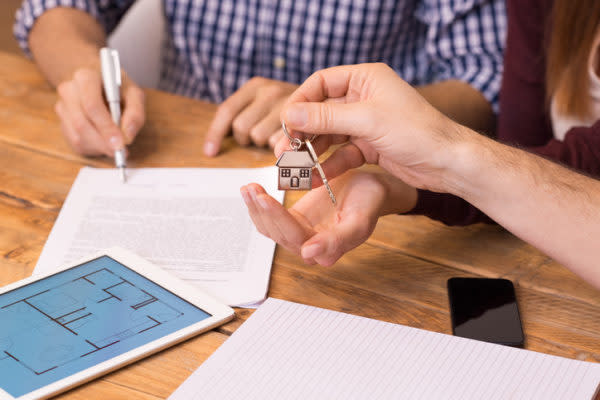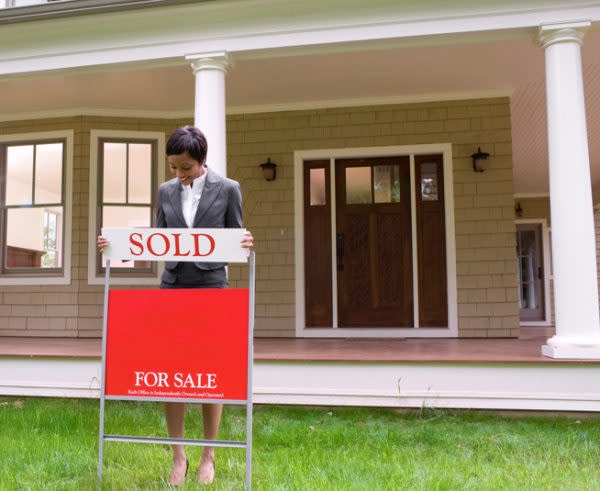Buying a house in SG? Prepare to pay these fees

It's no secret that the Singaporean property market is showing signs of slowing down. However, it is also no secret that this downturn is considered to be just a phase of the business cycle, which is perfectly normal.
In this environment, some property buying opportunities have emerged. But, usually, buying a house comes also with a variety of associated costs, that can reach up to 40% of the property's original value.
Now, if we were talking about a cup of coffee, or a nice pair of jeans, that shouldn't be much of a problem. But in property? A 10% difference could be one year's income for a median household.
So, before you go click-happy on PropertyGuru or iProperty and star all your favourite properties, or go to your favorite real estate agent, here is a list of additional expenses that you need to be aware of:
1. Down payment
This will typically start from 10% and escalate up to 80%, depending on your debt burden. Usually, for buyers with no other debt burden and total debt servicing ratio to spare, down payment will range from 10% to 30%, depending on the duration of the mortgage term.
2. Stamp duty

Source: Thinkstock/Getty Images
Just another way the state is interfering with private property transactions. Stamp duty in Singapore follows a progressive scale, starting from 1% and reaching 3%, depending on the property's value.
3. Legal fees

Source: Thinkstock/Getty Images
When investing your hard earned cash into a property, you must do your due diligence. In other words, you should hire a lawyer to conduct a background check on the property. How many times have we heard of scams that involved already double mortgage properties, or properties that the so called seller was not even the landlord! When you are applying for a mortgage, the bank usually will employ a lawyer from its legal department, which will cost around 3.000$.
4. Appraisal fee
Another expense the buyer has to pay for, in order to get his mortgage up and running. When banks are providing their clients with mortgages, they just don't give them the full property's value. They are willing to finance up to 70% or 80% of the total property's value. In other words, they operate with a 70% or 80% Loan – To – Value (LTV) ratio. So the notion of value implies a method of measurement: Appraisal. Usually, a bank will charge you with $400 or $500 for an appraisal of your property, depending on its size, location, existence of comparables etc..
5. Option fee
This is usually within the 1% of the agreed selling price area, and translates into a legal obligation of the seller to sell his/her home to the prospective buyer.
6. Agent's fee

Source: Thinkstock/Getty Images
There's no two ways around this especially if you're new to the property market. While you have to fork out some money to pay the agent his or her fee, consider your opportunity cost. You will be saving so much time and money on running around and getting the paperwork done. Plus after all the effort they've put in to show you your future home/investment unit, they ought to be compensated somehow, right?
(By Emmanouil Schoinakis)
Related Articles
- Direct developer funds: What are they and how can you invest in them?
- Oversupply causes rapid decline in Singapore office rents
- The Fintech effect: Silicon Valley houses double in price


